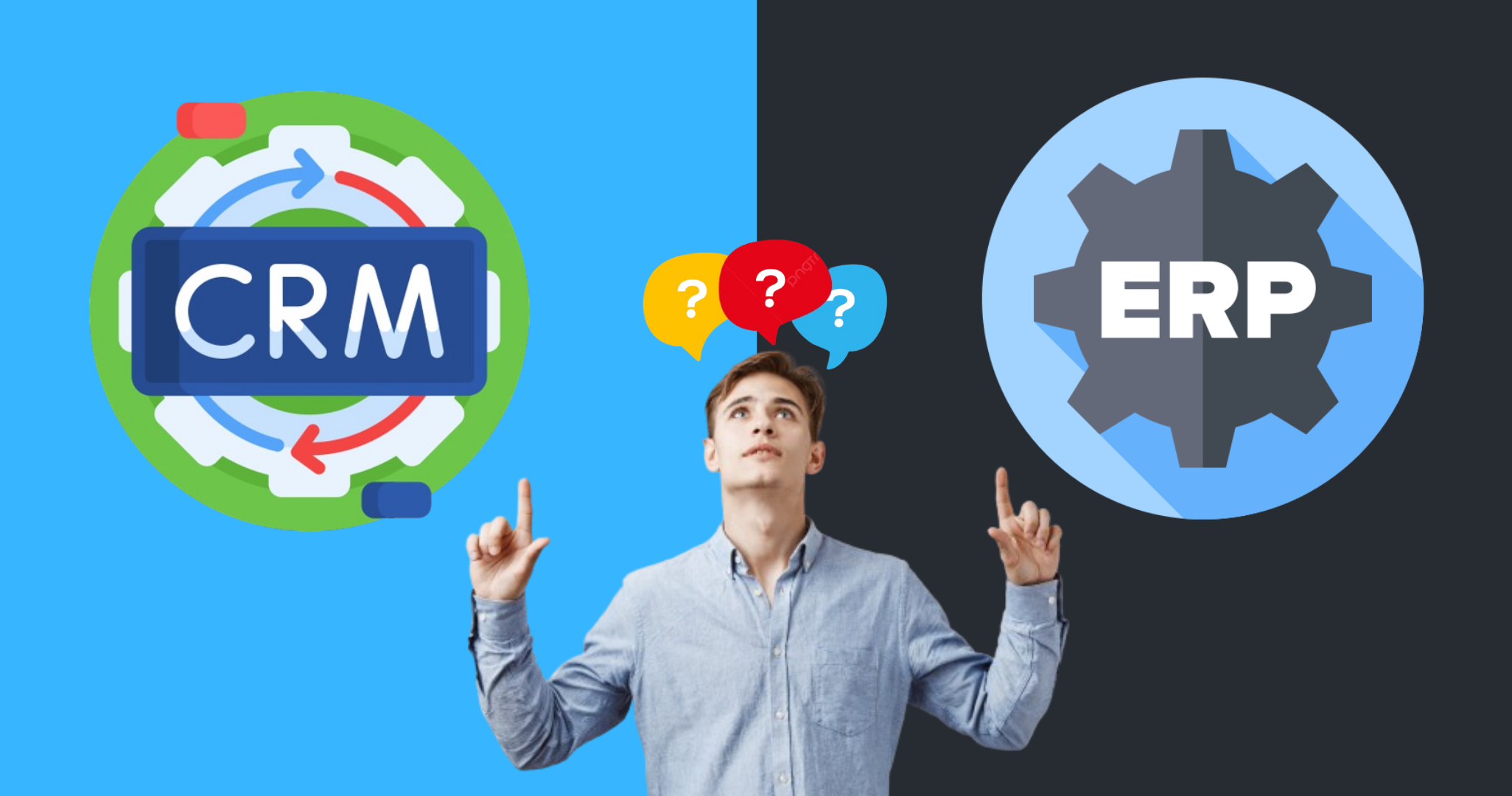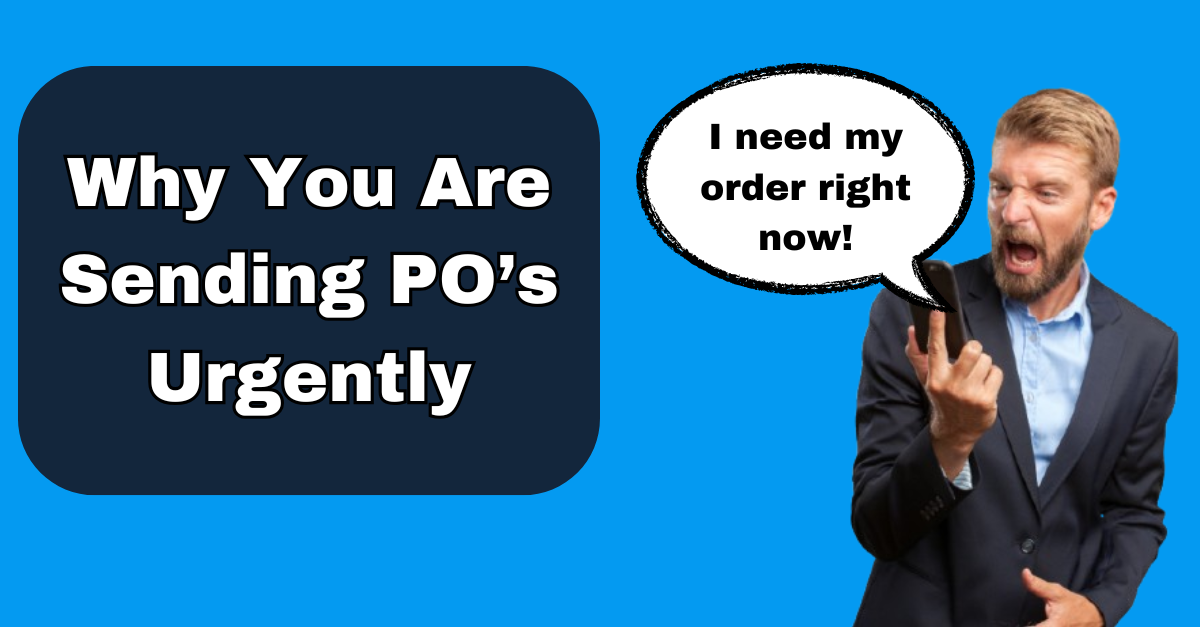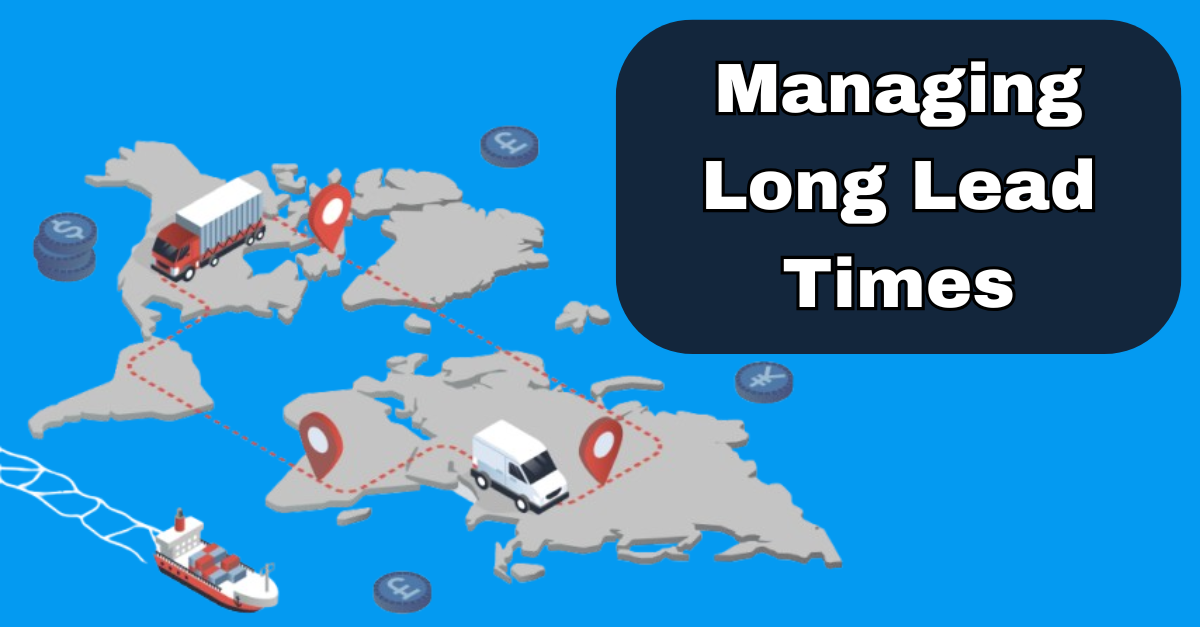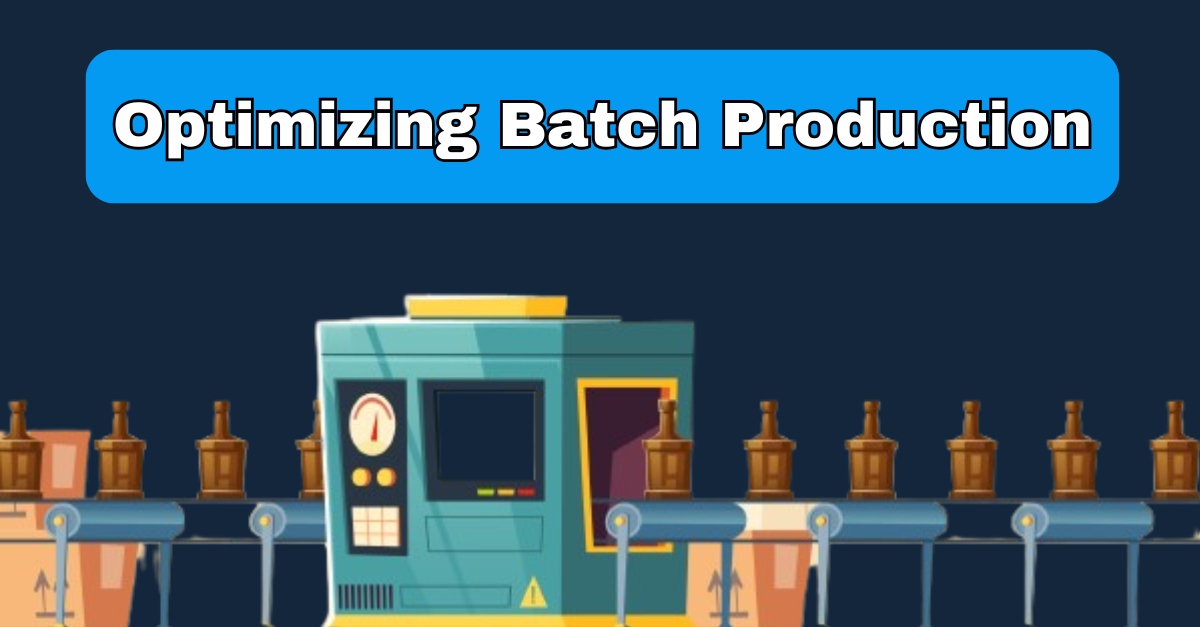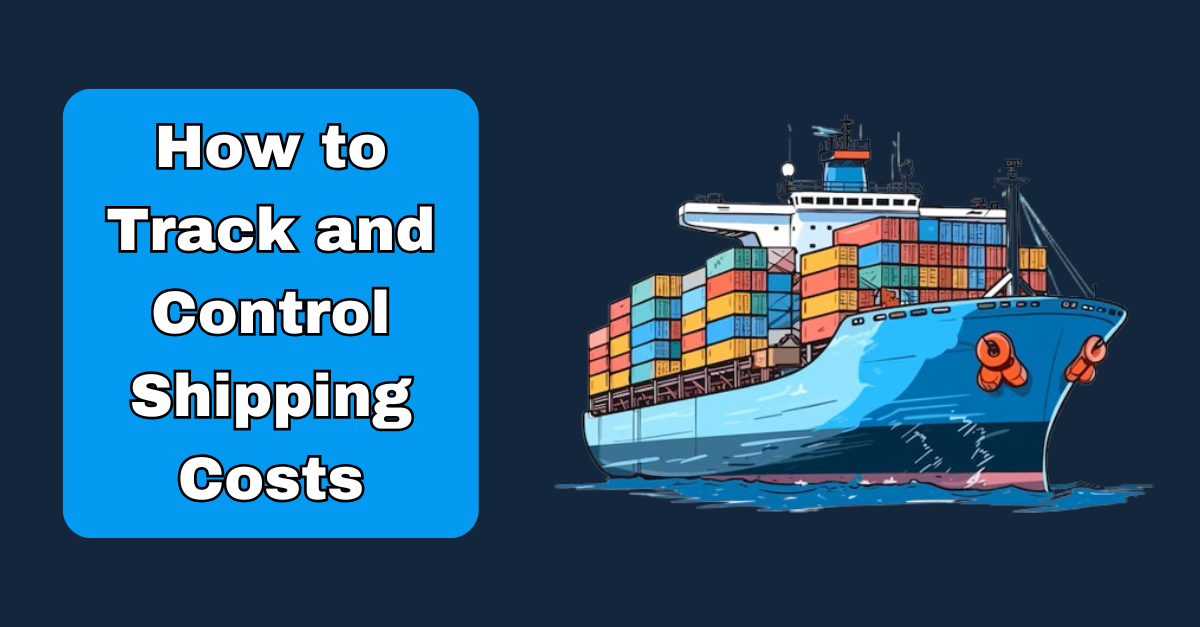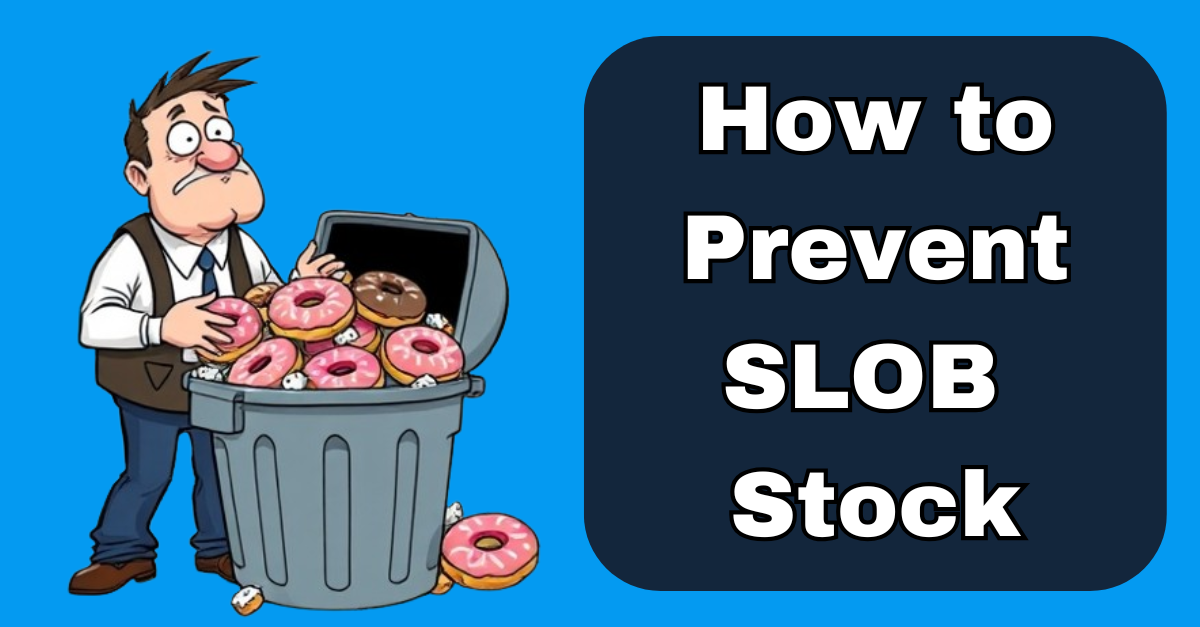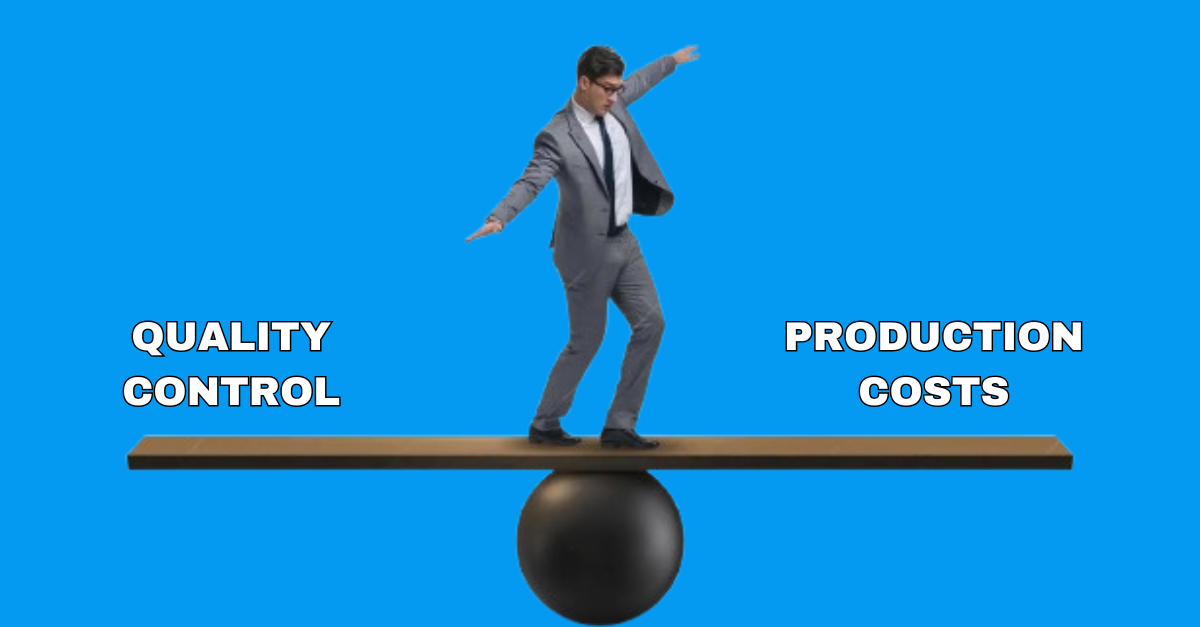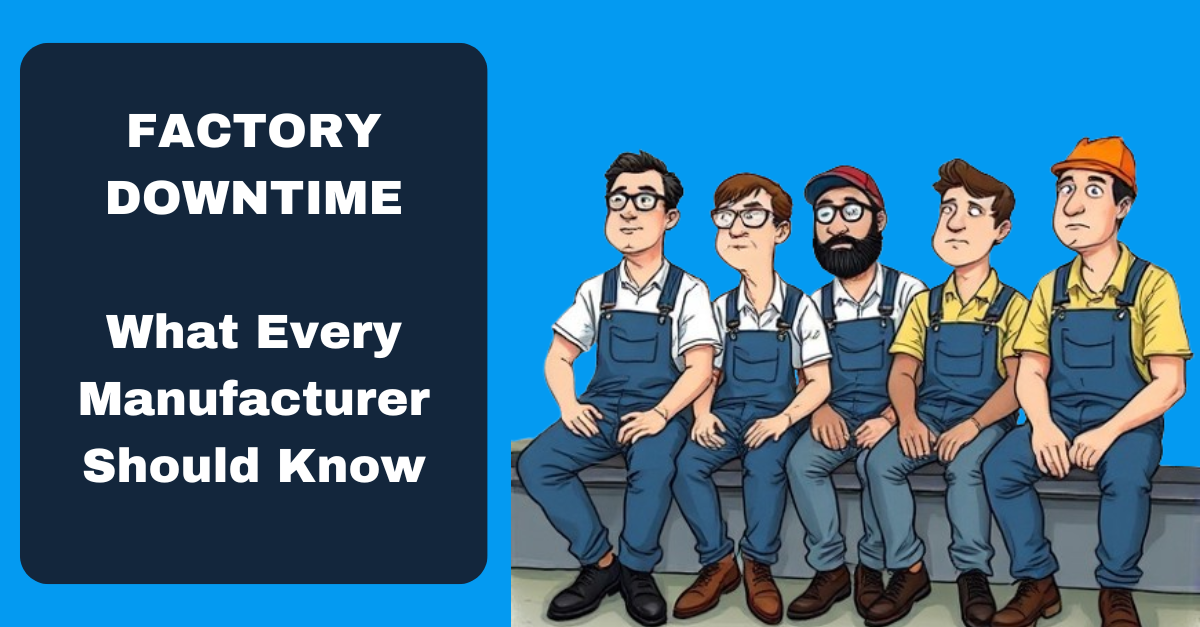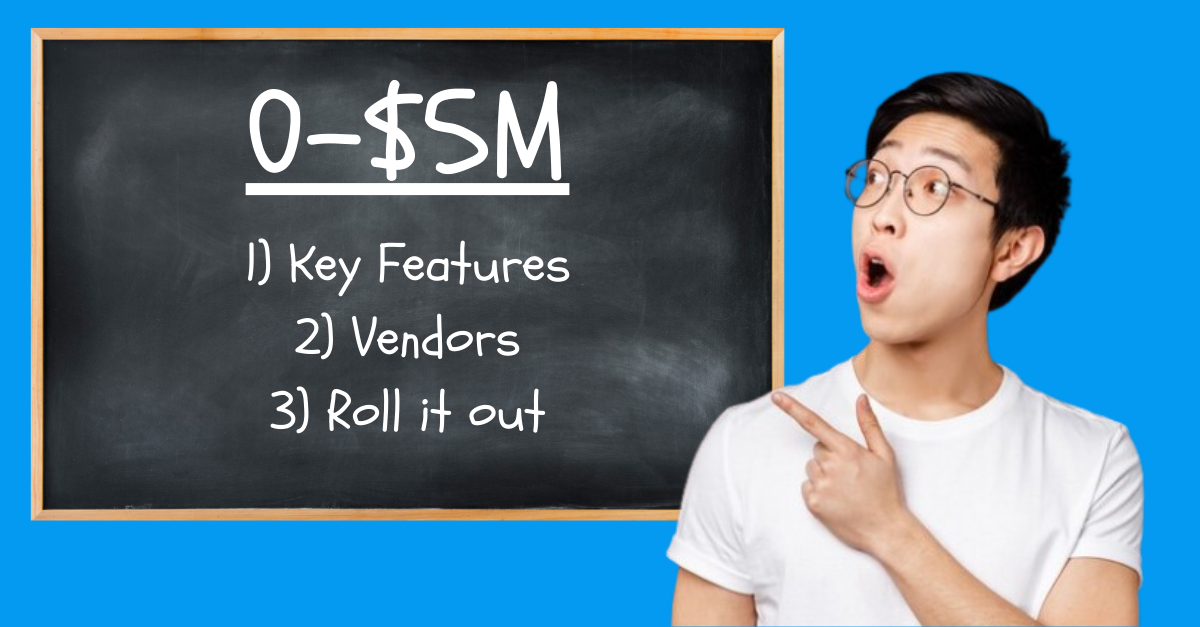As your small business grows, you might wonder whether you need Customer Relationship Management (CRM) or Enterprise Resource Planning (ERP) systems—or both. Understanding the core functions of each can help you make the best decision for your business.
What is CRM?
CRM software helps manage interactions with customers by centralizing data related to sales, customer service, and marketing efforts. Originally developed to streamline sales processes, CRMs now encompass broader features like customer service management and marketing automation. The primary advantage is its ability to track all customer interactions, making it easier to manage relationships and improve customer satisfaction.
What is ERP?
ERP systems integrate various business processes into one unified system. This could include everything from purchasing and inventory management to order processing and manufacturing. While not as sales focused as a CRM, an ERP still supports sales management by helping you track customer orders and tie them to your business’s operational data. This integration across departments allows for more efficient operations, informed decision-making, and seamless order fulfilment.
CRM vs. ERP
The key difference between CRM and ERP lies in their focus. CRM systems are designed for customer interactions and managing sales relationships. ERP, on the other hand, is built to streamline internal operations such as inventory, procurement, and manufacturing. CRM tends to serve sales and customer service teams, while ERP enables various departments to work cohesively by centralizing core business processes.
Do You Need CRM, ERP, or Both?
Your business needs will determine whether CRM, ERP, or both are necessary. If your primary concern is managing customer relationships and sales, a CRM might suffice. But if you need to coordinate broader functions like purchasing, manufacturing, and inventory, an ERP could be more fitting. In many cases, businesses benefit from integrating both systems to cover both customer management and operational efficiency.
In conclusion, whether you choose a CRM, ERP, or a combination, the best choice will always depend on your business model and how you plan to manage growth. Evaluate your needs carefully to ensure that the system you pick aligns with your business goals.
